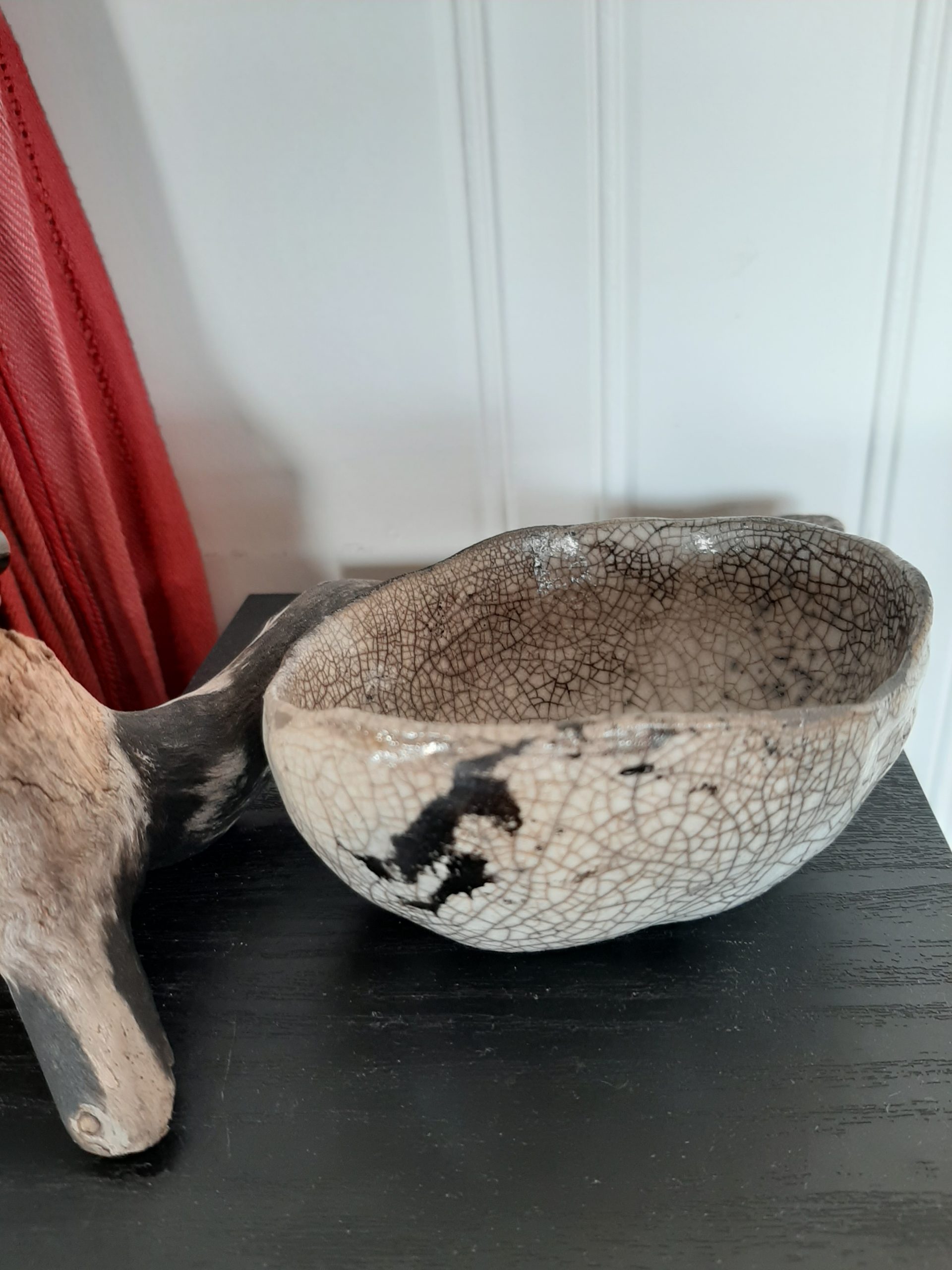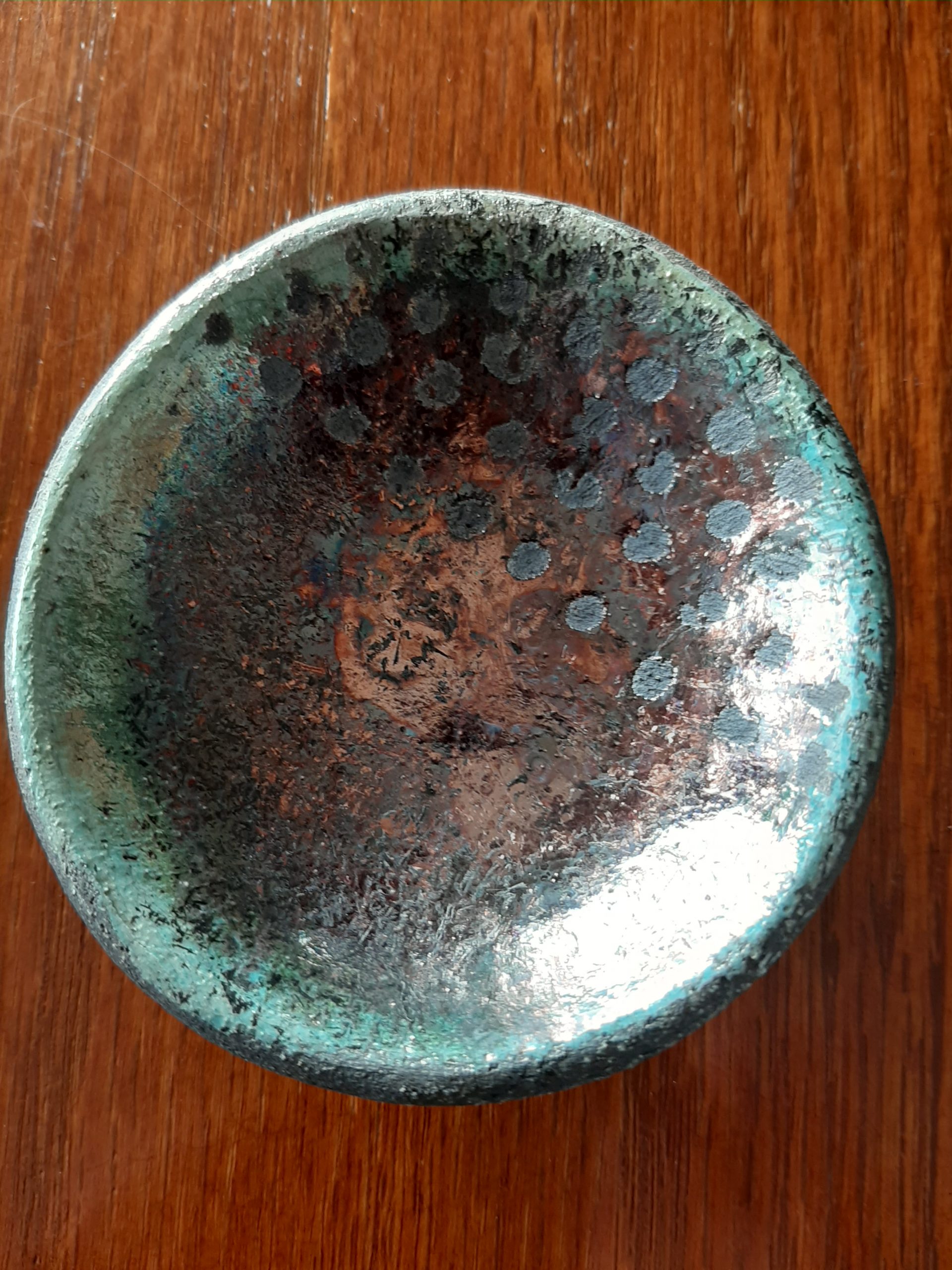Kill Your Darlings*
It hasn’t been that long since I’ve enjoyed writing, that the delivery isn’t too painful and that I allow myself to be proud of some of my babies. It might have to do with the fact that I stopped wanting to write pretty and stopped wanting to have a style, my style. I just write. And I write a lot more than I used to. It helps. I remember a writing experience that was easy and satisfying for me, almost too easy. I wrote a paper about a group of clinicians’ discourses during the Quebec Charter of Value period, and it was published easily and quickly, without fuss. I often feel ashamed of my work, especially when I receive a rejection from an editor or a harsh review from the famous Reviewer 2. But this time, no. Nothing. No suffering. No painful writing sessions. No regrets. No shame. And this, despite a few negative comments from Reviewer 2, of course, but comments that slipped my mind like a duck’s back. Maybe it had to do with the attitude I had taken to write that time, in connection with the ritual I had set up. Not so much a procedural ritual, as a mental ritual of sorts. First of all, a coffee of course, and a not too crowded desk, ideally in a not too noisy environment. Impossible for me to write in bed. I need a certain tonus in the body to write. But above all, a certain obligation to write. That time, it was for work after all. I couldn’t waste my time on the web or procrastinate at work. I was paid to write. I had to write. Then, and I think this is the most important aspect here, I got into it without taking myself too seriously, without too much anxious anticipation, and without much expectations. I approached it by maintaining a certain nonchalance in my writing, even a certain automatism, a flow. An impulse that emerges not so much from the intellect but from the guts, from the body. Simply writing things as they come. Like I’m doing right now. One of my bad habits is to want to write well right away. To edit as I go along if you want. But how could that be possible? That cuts off creativity. And after all, to be able to kill my babies, or ‘kill your darlings’ as I’ve learned to say, you need to have a few babies ready or the family will be decimated. In short, a ritual I’d like to implement this semester would revolve around the idea of assigning myself specific writing periods, ideally early in the morning, and to adopt the attitude of writing as it comes, writing a lot, writing true and unpretentiously, and letting it rest before editing.

